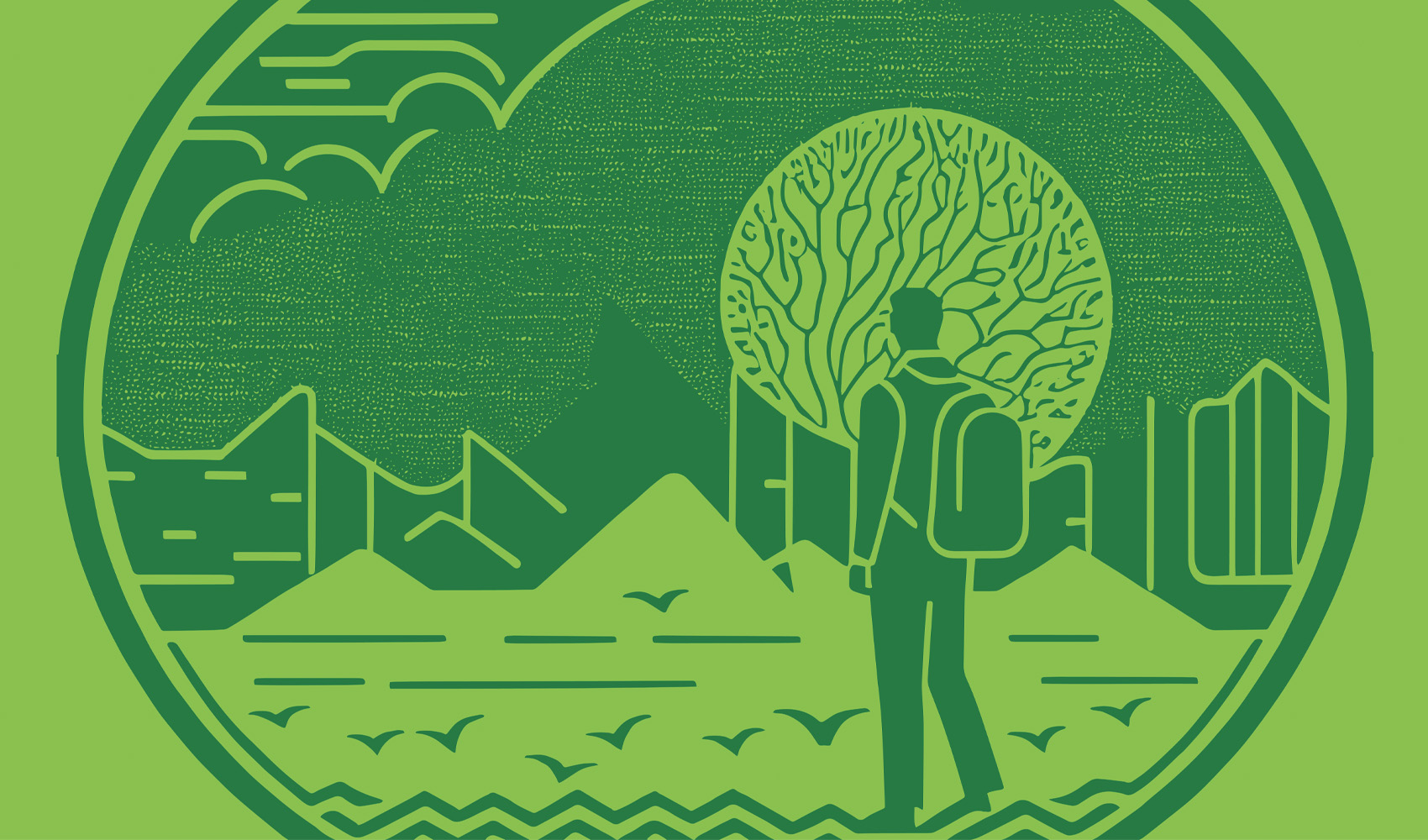
By Micha K. Ben David
Shalom/Salaam, wonderful neighbors!
I’m Micha (his/him+we/us), a community organizer and political operative for more than 25 years, born and raised in the vibrant chaos of Jerusalem. Some years ago, I traded the complexities of apartheid for the promise of a healthier community here in Boulder. If you want to dive deeper into my adventures, visit boulder.earth/micha-kurz.
I’m excited for this first of many monthly columns curated by the BoCo Climate Justice Hive at Naropa University. It is a fun collaboration to share climate justice organizing principles, shed light on local efforts and encourage us all to reach out and work together. Let’s discuss one of those principles: equity and environmental justice.
In plain language, environmental justice is about everyone deserving a clean and healthy environment no matter their background. Enter climate justice, a term highlighting the disproportionate impacts of climate change on communities of color and low-income residents.
You can Google the fancy definitions later. Right now, let’s talk about how these issues play out in Boulder County.
I was shocked to learn that some communities, particularly poor/working-class communities and communities of color, lack clean drinking water. I’m also concerned about who’s making sure the Valmont power plant cleanup doesn’t turn into a toxic mess for those manufactured home communities nearby — not to mention the rest of us. Who will stop Airbnb from pricing working-class mountain folk out of town? And what’s the deal fracking in our backyard?
More and more people are experiencing poverty and homelessness around us. Whether social injustices or climate chaos, we know the root causes lie in unregulated extractive industry.
I thought Boulder would be the superhero town, facing climate chaos like a boss and tackling systemic injustices with Thick Nhất Hanh flair. I mean, the highest Bernie voting rate per capita? Naropa as a beacon of spiritual and political awakening?
Boulder, despite its reputation, has a few surprises up its sleeve — like a conservative streak when it comes to race and class, and elected officials who don’t want to touch international affairs.
Nowhere’s perfect. But we all know that we can do better.
It’s heartening to see local governments, organizations, faith-based communities and local businesses talk about shifting gears to face historical inequities. There’s a lot of talk: We’re good at it.
Meanwhile, many of our frontline leaders are trapped in the daily systemic survival mode that so many community-based organizations feel worldwide. Our challenges here aren’t that original, structurally speaking.
Many nonprofits rely on grants, which often require the bulk of staff administrative time and prevent leaders from engaging in their primary roles as community organizers and grassroots campaigners. Short-term, project-based funding causes employment instability, workers’ rights degradation and further narrowing of vision.The anxiety about the non-renewal of this funding also limits an organization’s ability to speak out about objections or differences of opinion. Competition for funding also leads to chronically siloed efforts rather than collaboration on more comprehensive visions and work plans.
So, no, we are not quite superheroes yet. But we can learn to collaborate better across sectors, communities and economic classes.
Let’s make people who are disproportionately impacted by climate change the MVPs, and put their needs and rights front and center. They’re the experts on their own communities.
You can learn more about local frontline projects and leadership at one of the Climate Justice Collaborative’s monthly community cafecitos; information can be found at cjcboco.org. Find out how the larger ecosystem of climate justice is shaping a better Boulder County by 2030 at boulder.earth.
In the meantime, read the climate justice columns the second week of every month and hold your public representatives accountable! Here’s to weaving the threads that connect us, addressing climate justice, learning about solidarity and sharing a laugh or two along the way.
This opinion does not necessarily reflect the views of Boulder Weekly.
